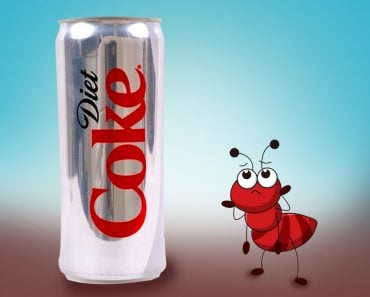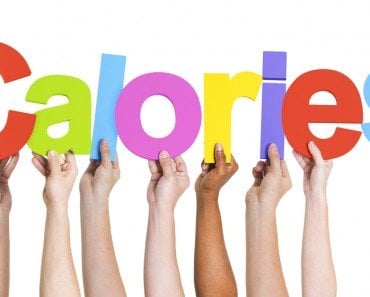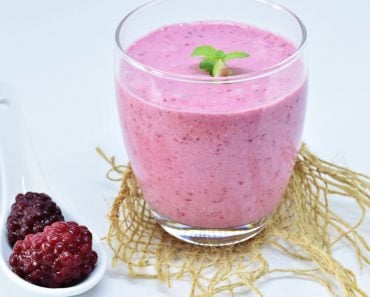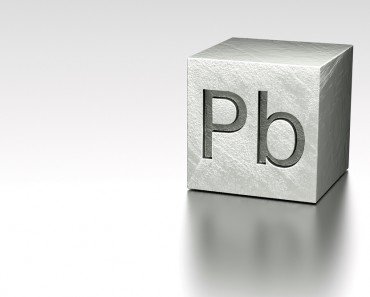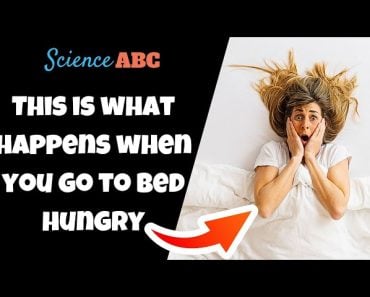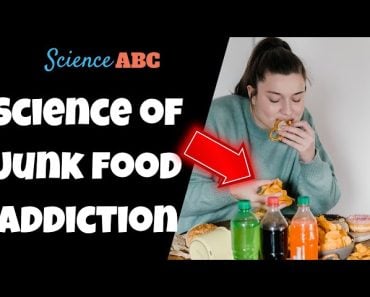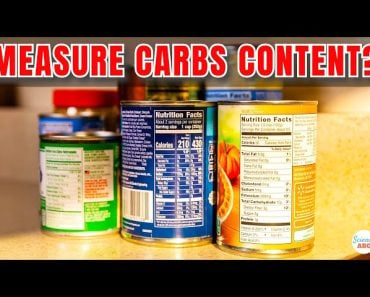Table of Contents (click to expand)
A “sugar-free” product is one that contains less than 0.5 grams of sugar per serving. These products are often artificially sweetened with sugar substitutes or sugar alcohols. Sugar substitutes are a type of sweetening agent that provides a similar sweet taste (if not sweeter) to that of sugar without adding as many calories as regular sugar would. Sugar alcohols are a type of sweetening agent that do contain some calories and carbohydrates, but sugar substitutes add almost no calories.
As soon as I first learned about it as a child, I have always been in slightly bewildered awe about what the ‘sugar-free’ label on sweet products really signifies. Given the fact that these products are no less sweet than their regular ‘added-sugar’ counterparts, what’s the deal with being ‘sugar-free’ and sweet at the same time? More importantly, since these products hardly add any points to one’s calorie count, can we guzzle them up without worrying about weight gain or other sugar-related conditions?
Recommended Video for you:
What Is A ‘Sugar-free’ Product?
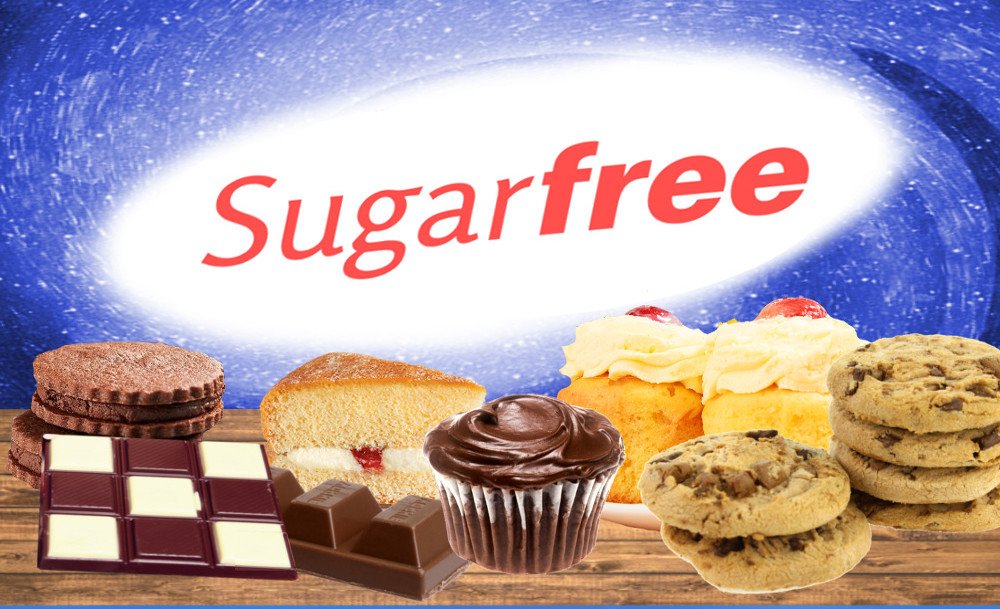
Sweet products (like candy bars, sweets, soft drinks, chocolates, etc.) that we buy from stores and markets are artificially sweetened by adding sweet additives (which can either be artificially synthesized compounds or natural sweeteners). According to the Food and Drug Administration (FDA), a government body tasked with maintaining the standards of food and medicine in the US, all of the sugar that we find in foods are ‘one and two-unit sugars’; table sugar (sucrose), brown sugar, dextrose, lactose and honey are a few examples of ‘one and two-unit sugars’.
For a product to be labelled ‘sugar-free’, it should contain no more than 0.5 grams of those sugars in a single serving. Furthermore, the food must also be low in calories, in contrast to its ‘sugared’ counterpart, i.e. a product that has not been labelled ‘sugar-free’. A number of other terms, including ‘no sugar’, ‘free of sugar’, ‘without sugar’, ‘zero sugar’ and so on are also used, so don’t get confused by the variety of words; all of these terms basically mean the same thing.
Why Are ‘Sugar-free’ Products So Sweet?
To make a product taste sweet without adding too many calories for the consumer, something known as a ‘sweetening agent’ is added to the product. More commonly known as a ‘sugar substitute’ in everyday life (which is technically inaccurate), it is basically a food additive that provides a similar sweet taste (if not sweeter) to that of sugar without adding as many calories as regular sugar would. In fact, there are some substitutes that do not add calories or carbohydrates at all!
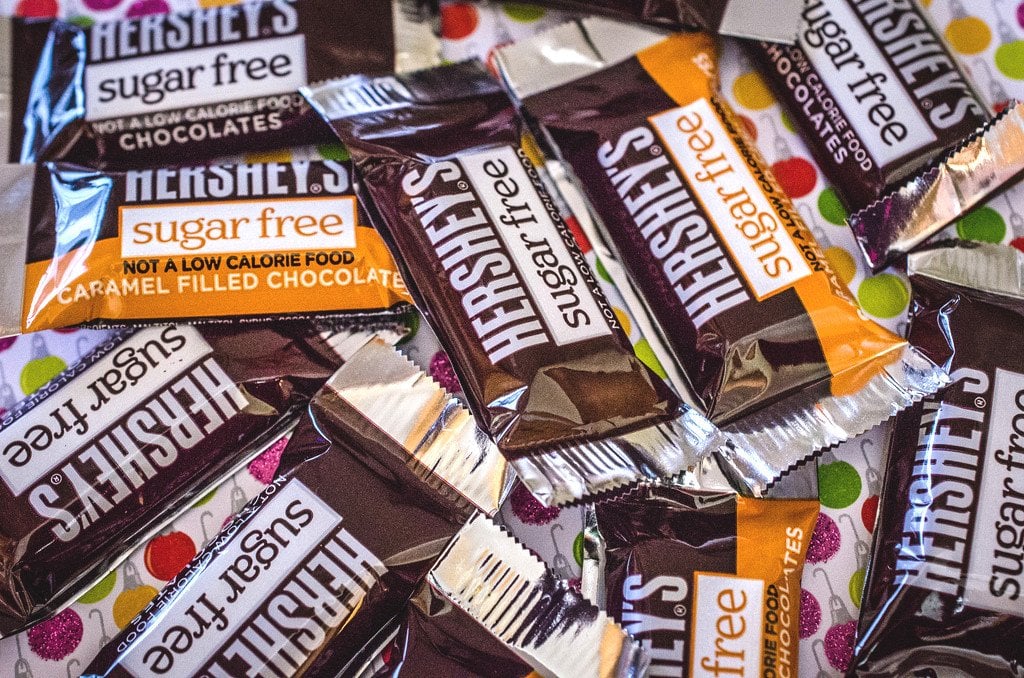
There are two main kinds of sweetening agents: sugar substitutes (aspartame, neotame, acesulfame potassium, stevia, saccharin and sucralose are the six FDA-approved substitutes) and sugar alcohols (like maltitol, xylitol and isomalt). Contrary to popular belief, sugar substitutes are just a type of sweetening agent, and aren’t the sole additives used in sugar-free items to make them sweet. While sugar alcohols do contain some calories and carbohydrates, sugar substitutes add almost no calories and therefore do not cause a spike in blood-sugar levels of the consumer.
In a nutshell, all of this means that you can eat any sweet product, like candy, and have it be just as sweet as regular candy (maybe even sweeter), while only adding a few (or no calories) to your body.
What, does that sound too good to be true?

Well, there is something you should know. Actually, it’s more like a series of long-term ‘catches’…
Can You Devour Sugar-free Items Without Ever Worrying About Calories?
Absolutely not, assuming that you want to enjoy naturally-occurring sweet food items and still stay healthy in the long run.
Although it’s undeniable that making the switch from sugary items to sugar-free food products CAN be beneficial in the short term by curbing your calorie intake, continuing the same practice for months or even years on end can actually be quite detrimental to your wellbeing.

It has been observed that foods containing non-nutritive sweeteners are actually far sweeter than table sugar. In other words, even a small amount of these sugar-free products actually tastes much sweeter. This can seriously mess up your sugar receptors through overstimulation, and can consequently make naturally-occurring sweet foods (like fruits) taste a lot less sweet than normal. (Source) To make matters worse, it could make vegetables taste downright bland, leading to serious changes in your dietary habits that significantly reduce your consumption of highly nutritious – but less sweet – food items.
Another behavioral change that the chronic consumption of sugar-free products induces is that people tend to compensate for the calories they avoided through sugar-free products by eating other “real sugar” items. For instance, you might think, “See, I’m having sugar-free candy, so it’s alright to have a soft drink.”
This habit does more harm than good and you will eventually end up compensating for the calories you didn’t gain (through eating sugar-free candy) by having a sugary beverage (regular soft drink). This approach defeats the fundamental purpose of consuming a sugar-free item in the first place.
So, as beneficial as the ‘sugar-free’ label might sound, it can do more harm than good in the long run if the consumption of such products is not kept in check. Our advice: always take sugar-free items with a grain of salt (no pun intended).


